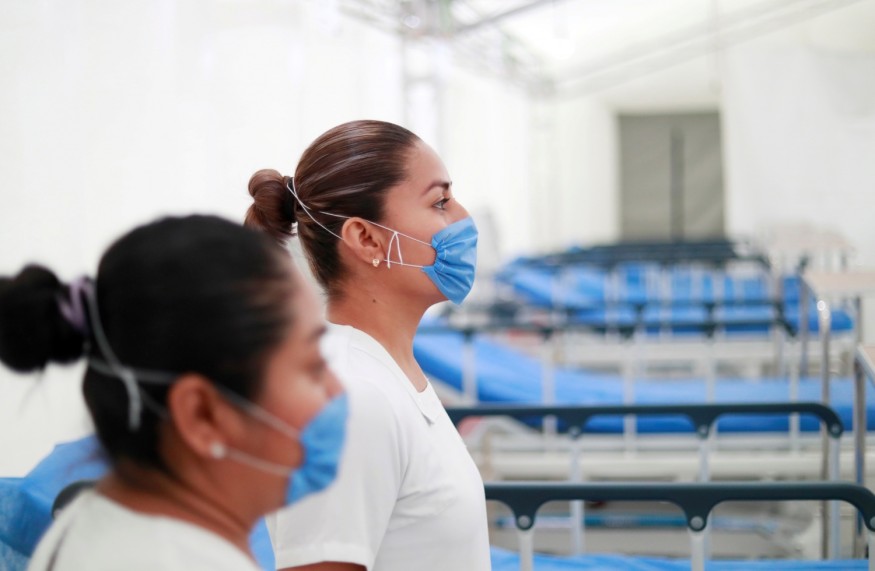Latin America Experiencing Numerous Challenges During the Pandemic

In response to the health and economic crisis rather than the pandemic itself, Latin America developed a protocol to increase the local capacity to handle the disease. However, with current government resources (or lack thereof), some believe the region would be dealing with a multitude of challenges first.
Challenges for Countries
As the largest and most tourist-popular country in the region, the hotspot for COVID-19 in Latin America is Brazil. In a population of over 20 million people, there are 30 thousand citizens that tested positive for the coronavirus.
It may seem like a small number when considering its much larger population. However, Peru is second to Brazil, with a little over 12 thousand cases. The disparity is over twofold.
Perhaps part of the contributing factors can be the lack of coordination between the lower and upper governments.
While Brazil's President Jair Bolsonaro continued to undermine the severity of the situation, leaders in local government units were encouraging the strict implementation of policies like social distancing and the immediate provision of personal protective equipment.
Similarly, Mexico's President Andrés Manuel López Obrador marked COVID-19 as something less than the flu, even encouraging businesses to stay open when other countries closed down theirs.
Worse so, President of Nicaragua Daniel Ortega effectively disappeared. In his place stood Vice-President Rosario Murillo and his wife. Nicaragua remained one of the only nations in the region to not close borders.
In places like Venezuela, where health facilities that practice proper hygiene are inadequate, coronavirus might be impossible to contain.
The healthcare system collapsed long before the coronavirus started. With a humanitarian crisis going on in the country, it would prove difficult to track cases.
Meanwhile, Cuba is considered to be one of the best-prepared nations during the pandemic. Because of its heavily integrated healthcare system, infectious diseases can be responded to immediately.
Check these out!
Updates on Measures
- In Argentina, airline company Aerolíneas Argentinas is expecting a plane back from China that would deliver medical equipment.
- For Bolivia, Interim President Jeanine Añez closed Bolivia's borders last March. Only a handful of Bolivians are allowed in every few days. Their Foreign Ministry attempted to provide food and lodging for the vulnerable groups in the camps at the border by reaching an arrangement with the International Organization for Migration.
- In Chile, Health Minister Jaime Manãlich granted recovered patients immunity cards they can show to their employers once they get back to work.
- The Colombian government released 4,000 inmates temporarily to stay home during the quarantine.
- Costa Rica's President Carlos Alvarado posted on his Twitter several added restrictions in the country that would enforce social distancing and staying home. These were expected to remain until the end of April.
- Dominican Republic Minister of Public Health Rafael Sánchez declared masks in public places mandatory.
- As for Ecuador, morgues and funeral homes were overwhelmed with the number of dead bodies.
- In El Salvador, the state of emergency status was extended to last two more weeks.
- Guatemala's Foreign Ministry said the deportation flights would recommence after Easter. Deportees are being held in an airport where people are sleeping on makeshift mattresses to wait out the quarantine.
- Despite the suspension of deportation flights in Honduras, deportees are still arriving in the country from countries like the U.S.
- Panama's President Laurentino Cortizo announced the country would be under complete quarantine.
- In Paraguay, President Mario Abdo Benitez extended the quarantine through to the end of April.
- Last week, President Luis Lacalle Pou of Uruguay declared that formal education is to resume in the nation.
Subscribe to Latin Post!
Sign up for our free newsletter for the Latest coverage!
© 2025 Latin Post. All rights reserved. Do not reproduce without permission.












